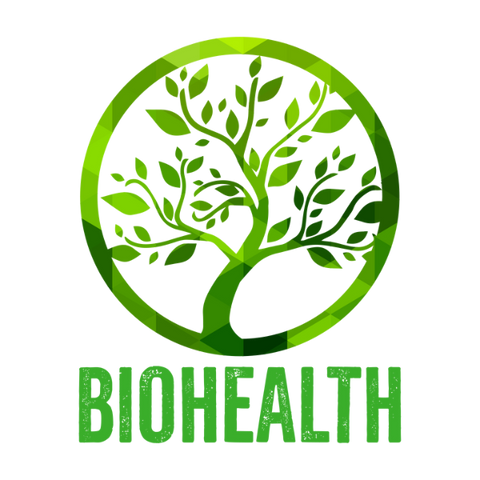10 Essential Nutrients Your Body Needs and How to Get Them

Proper nutrition plays a crucial role in maintaining optimal health and well-being. By understanding the essential nutrients your body needs, you can make better, more informed choices about your diet. Here are ten key nutrients and some practical tips on how to incorporate them into your daily meals.
-
Protein: Protein is the building block of our bodies, necessary for tissue repair, muscle growth, and hormone production. Excellent sources of protein include lean meats, fish, poultry, beans, lentils, tofu, and dairy products. Vegetarians and vegans can rely on plant-based protein sources such as quinoa, chia seeds, and vegan protein powders like BioHealth's Phyto Perfect.
-
Omega-3 Fatty Acids: Omega-3 fatty acids are essential for heart health, brain function, and reducing inflammation. Rich sources include fatty fish like salmon, mackerel, and sardines. For vegetarians, flaxseeds, chia seeds, walnuts, and hemp seeds are great alternatives.
-
Fiber: Fiber aids in digestion, promotes bowel regularity, and helps control blood sugar levels. Whole grains, fruits, vegetables, legumes, and nuts are excellent sources of dietary fiber. BioHealth's Phyto Fuel supergreens + fiber is also a great option to get a healthy dose of fiber.
-
Vitamin C: Vitamin C is crucial for a healthy immune system, collagen synthesis, and iron absorption. Citrus fruits like oranges, grapefruits, and lemons are well-known sources of vitamin C. Other options include strawberries, kiwis, bell peppers, and broccoli. Learn more about vitamin C-rich foods here.
-
Calcium: Calcium is essential for strong bones, teeth, and muscle function. Dairy products like milk, cheese, and yogurt are excellent sources of calcium. For those who avoid dairy, alternatives like fortified plant-based milk, tofu, almonds, and leafy greens such as kale and broccoli can provide this important nutrient.
-
Vitamin D: Vitamin D helps the body absorb calcium, supports bone health, and regulates immune function. Our primary source of vitamin D is sunlight. However, fatty fish, egg yolks, fortified dairy products, and mushrooms can contribute to your vitamin D intake.
-
Iron: Iron is essential for transporting oxygen throughout the body and preventing anemia. Red meat, poultry, fish, beans, lentils, tofu, and spinach are all rich sources of iron. Pairing iron-rich foods with vitamin C sources enhances iron absorption. Read more about iron-rich foods here.
-
Vitamin A: Vitamin A supports vision, immune function, and healthy skin. Carrots, sweet potatoes, spinach, kale, and eggs are excellent sources of this vitamin.
-
B Vitamins: The B vitamin complex includes thiamine, riboflavin, niacin, folate, and B12, which support energy production, brain function, and red blood cell formation. Whole grains, eggs, lean meats, legumes, leafy greens, and fortified cereals are good sources of B vitamins.
-
Potassium: Potassium is essential for heart health, muscle function, and maintaining fluid balance. Bananas, oranges, avocados, sweet potatoes, tomatoes, and beans are all rich in potassium.
Incorporating these ten essential nutrients into your diet can significantly impact your overall health and well-being. Remember to aim for a balanced and varied diet, including a wide range of nutrient-dense foods. By making informed choices, you can ensure that your body receives the vital nutrients it needs to thrive.
Always consult with a healthcare professional or registered dietitian for personalized advice regarding your specific dietary needs and any potential nutrient deficiencies.
